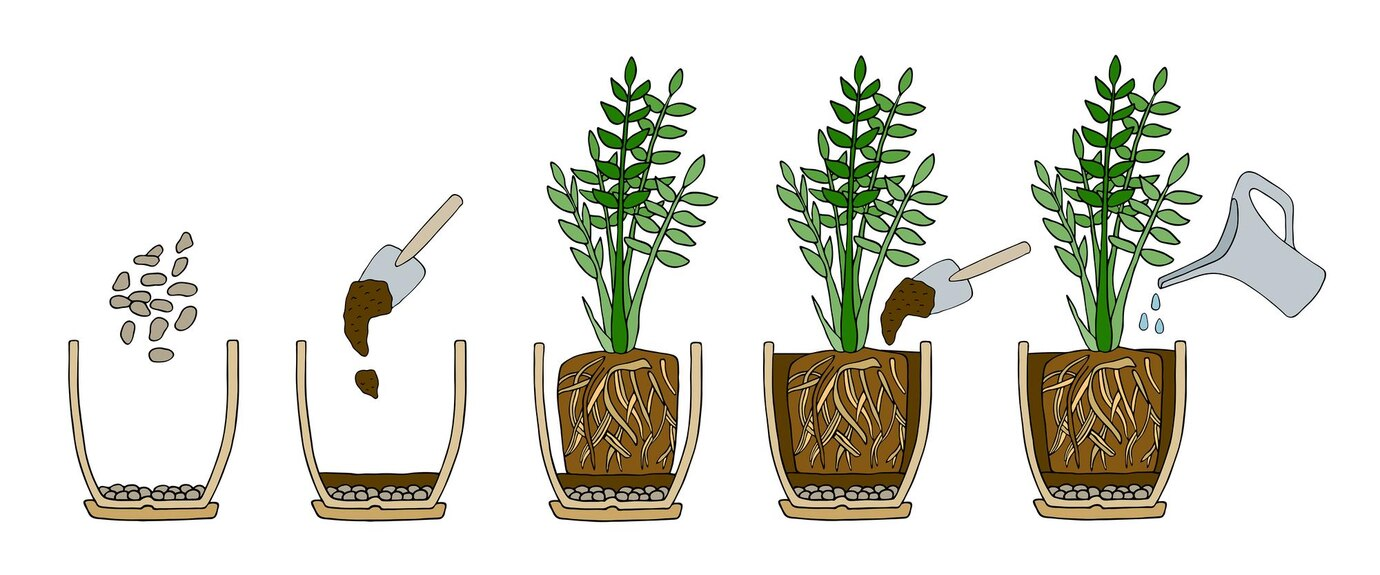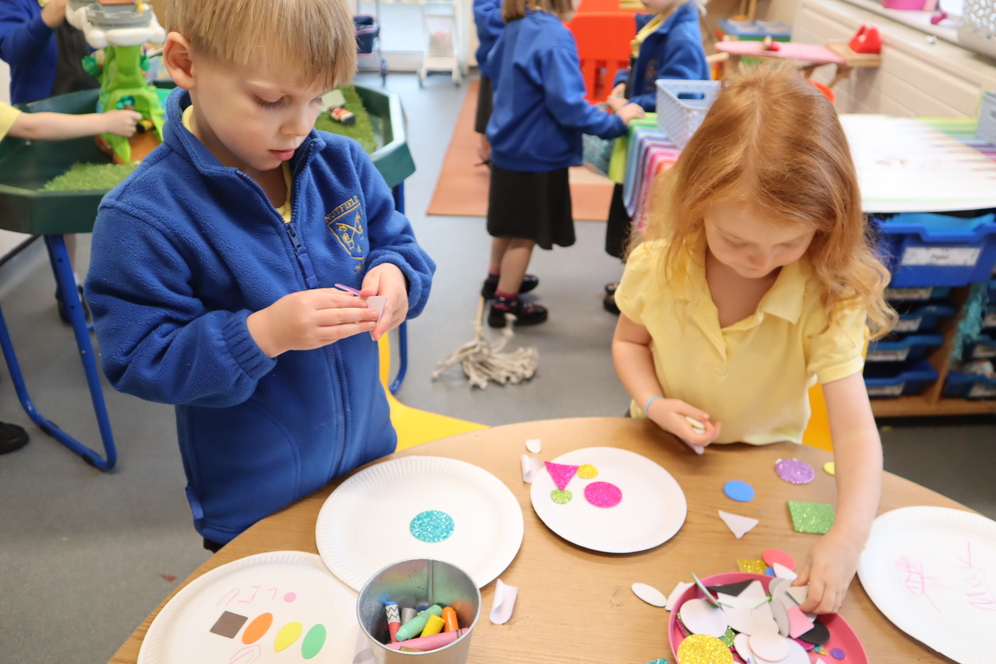1: Engage in meaningful dialogue and conversations
“The child begins to perceive the world not only through his eyes but also through his speech” Vygotsky
Ofsted’s briefing entitled, Education recovery in early years providers: spring 2022 looks at the ongoing impact of the pandemic on education providers and highlights how it has affected children’s communication, and personal, social and emotional development. The inspectorate reported that early years providers said there had been a ‘regression in children’s independence and self-care skills’, as well as delays in babies’ and children’s speech and language development. Children are presenting with limited vocabulary and lack of confidence to speak, while babies are struggling to respond to facial expressions, the report found.
Developing listening, comprehension and speaking skills is foundational in enabling children to communicate and participate in society. The key findings of the Hart and Risley ‘32 million word disparity’ research of the nineties state that children who hear more words, acquire more vocabulary and language capabilities. In order to achieve this and in response to OFSTED’s findings on the impact of the pandemic, we ensure that our children are learning in an environment rich with language, with a focus on extending vocabulary and practising speech. Language is used repeatedly in context and in a daily basis through songs, rhymes, stories, dialogue arising out of normal activities and routines, commentary and one to one conversations.
Thinking Thursdays have introduced the concept of P4C to our children. Every Thursday children are presented with an open-ended question which have no right or wrong answers, such as ‘Which is worse losing your toy or missing your friend.” The children are encouraged to talk about the question and register their response on a board. This activity helps to broaden children’s thinking processes, to develop their speech and language skills, and to build confidence in their ability to express themselves using words.
2: Develop social skills, independence and emotional literacy
The ability to recognise our emotions and to regulate them, to feel good about ourselves, to feel confident and self-assured and to empathise, are indicators of healthy development. It is our role to support children by understanding and co-regulating their behaviour, by being curious and asking, ‘What has happened to you?’ Children leave EYFS with self-confidence, the ability to follow instructions, the ability to manage their own care routines such as dressing, eating and toileting, they are able to make friends, negotiate, take turns and share. They are kind, caring and empathetic.
Our classroom encourages the development of independence. Children who are independent are happier and more confident, and access new experiences more readily. Children put on their own coats, they self-register in the morning, they serve themselves a snack and are able to choose what they create, play and build with. All resources are readily accessible and easy to move to where they want to play.
3: Develop a love of reading
“We shouldn’t teach great books; we should teach a love of reading.”B. F. Skinner
We want children to develop a love of reading. We want them to understand that the printed word has meaning and that stories are a powerful medium for communicating ideas, thoughts and emotions. We want our children to develop phonetic awareness – the ability to hear and identify different words and sounds. Our language-rich environment contains inspiring and informative fiction and non-fiction books for all abilities. We share our love of books with individual children and in groups using larger picture books and bags of confidence, drama and laughter!
4: Develop a strong grounding in number to develop the necessary building blocks to excel mathematically
At Nutfield Church school, maths is a practical subject. Children need repeated experiences that relate concepts to the real world. Opportunities for developing mathematical knowledge arise every day during play and routines. Rhymes and action songs introduce the concepts of number and counting. Counting, grouping items by characteristics, exploring shape, capacity, size and number occur as part of our regular activities. By providing frequent and varied opportunities to build and apply this understanding – such as using manipulatives, including small objects and tens frames for organising counting – children will develop a secure base of knowledge and vocabulary from which mastery of mathematics is built. In addition, our curriculum includes rich opportunities for children to develop their spatial reasoning skills across all areas of mathematics including shape, space and measures. It is important to us that children develop positive attitudes and interests in mathematics, look for patterns and relationships, spot connections, ‘have a go’, talk to adults and peers about what they notice and not be afraid to make mistakes.
5: Engage with the awe and wonder of life and new experiences
“There are no seven wonders of the world in the eyes of a child. There are seven million.”
Walt Streightiff
We support individual paths of discovery, providing space and opportunities to learn and experience the richness of their world first hand. Every day is an opportunity to challenge, provoke, excite, stimulate, teach and investigate together with our intrepid explorers.
The key to igniting learning in young children is to grab their imaginations and tap into their natural curiosity. By providing invitations to play that draw children in and encourage them to ask questions and find answers will help to nurture higher-level thinking. Children are provided with the tools to explore their own thinking with access to books, magazines and ‘investigation stations’. We encourage the children to be ‘hands on’ rather than ‘hands off’.
On Farm Fridays and during our daily Wellbeing + sessions children take their learning outside the classroom and engage with our animals, grounds and wildlife area. The benefits of outdoor learning in the early years are firmly recognised. Simply being outside in the fresh air improves health, social and emotional wellbeing, improved immunity, sight, sensorial and hearing development, neuro and physical development, and cognitive enhancement at a child’s unique pace. Children are innately curious, driven learners who flourish if allowed to find out more about the world around them through playful contact throughout the year. Investigative, imaginative and inventive STEM possibilities are abound through a variety of natural materials providing authentic experiences. Outdoor learning also nourishes opportunities for awe and wonder which allows each child to revisit their fascinations and dispositions.
Through our philanthropic work within the community (Love Projects), we instil in our children the values of appreciation, respect, tolerance, compassion, inclusion and acceptance.




